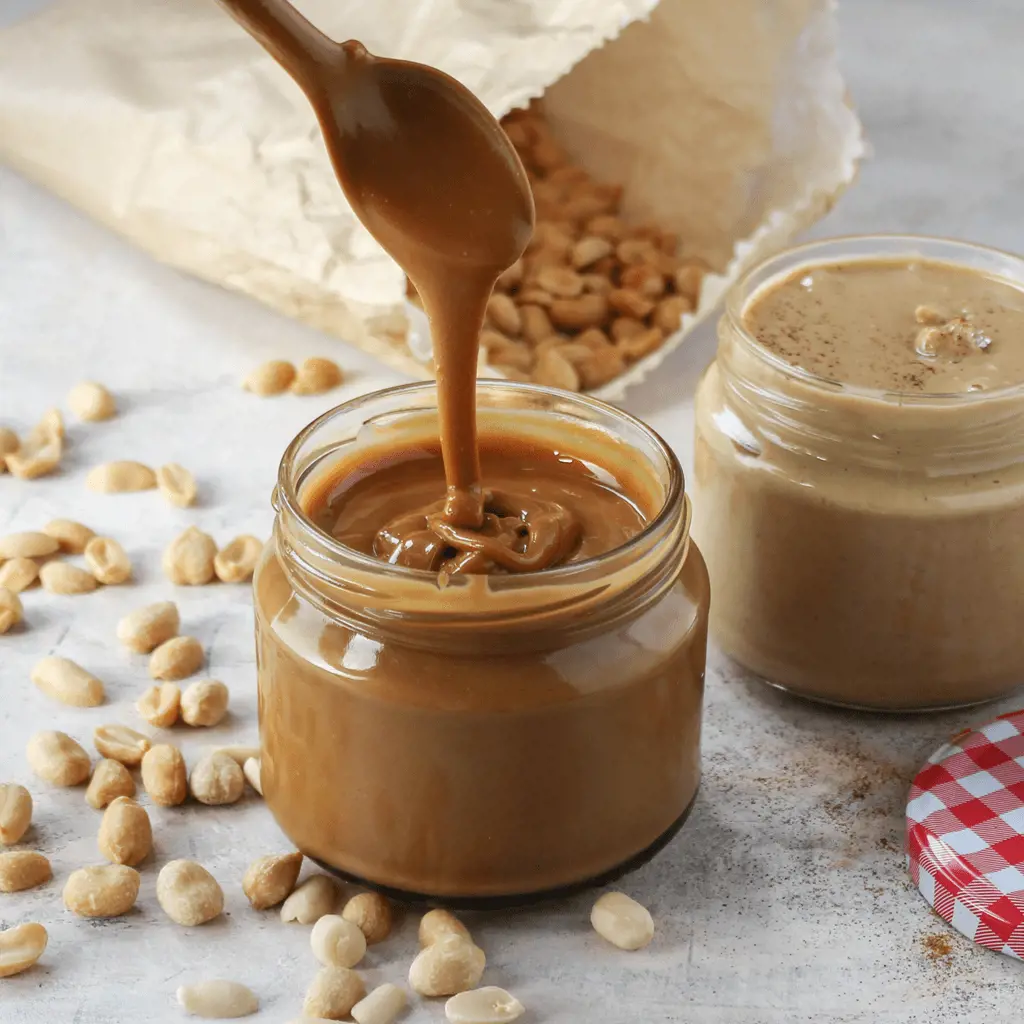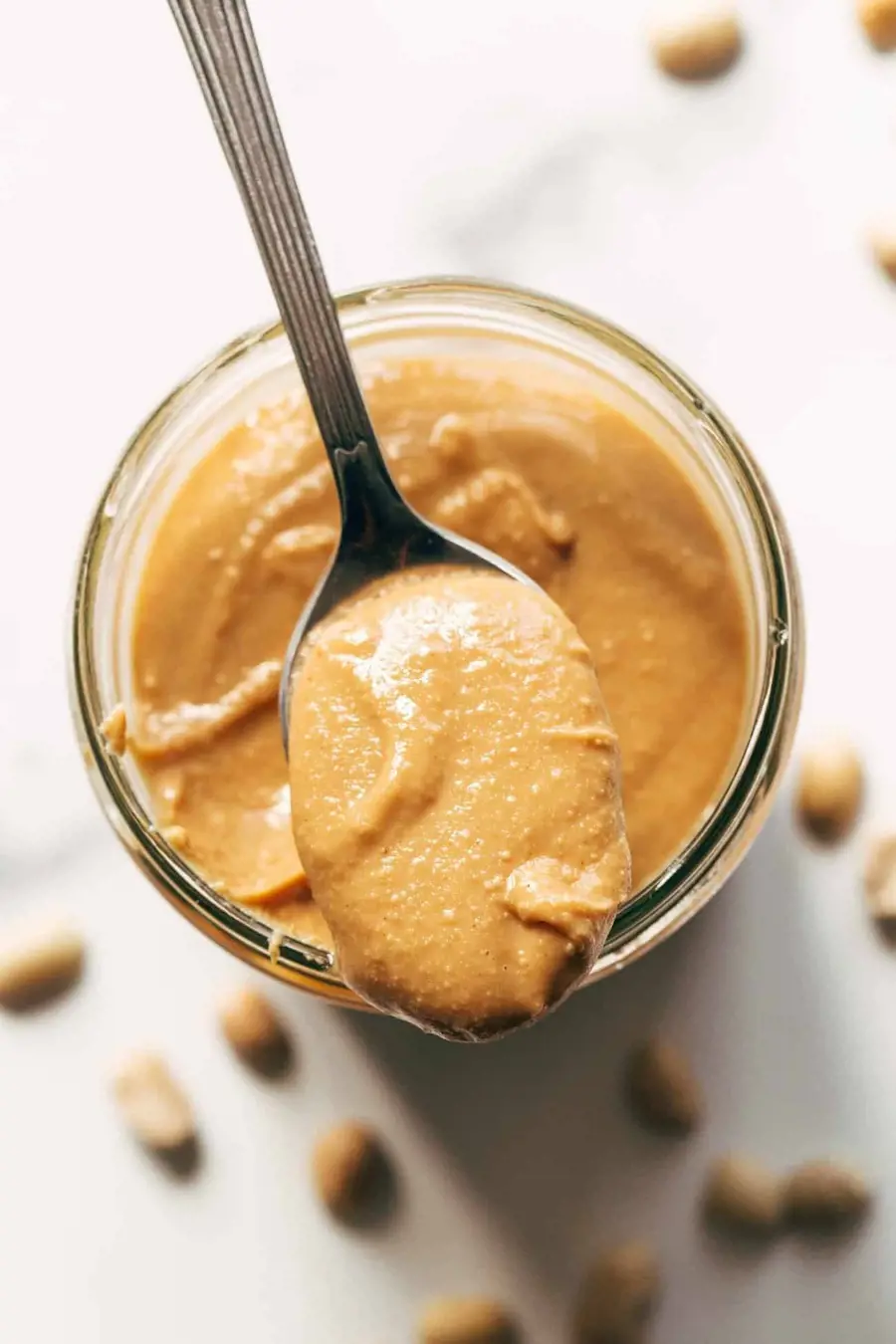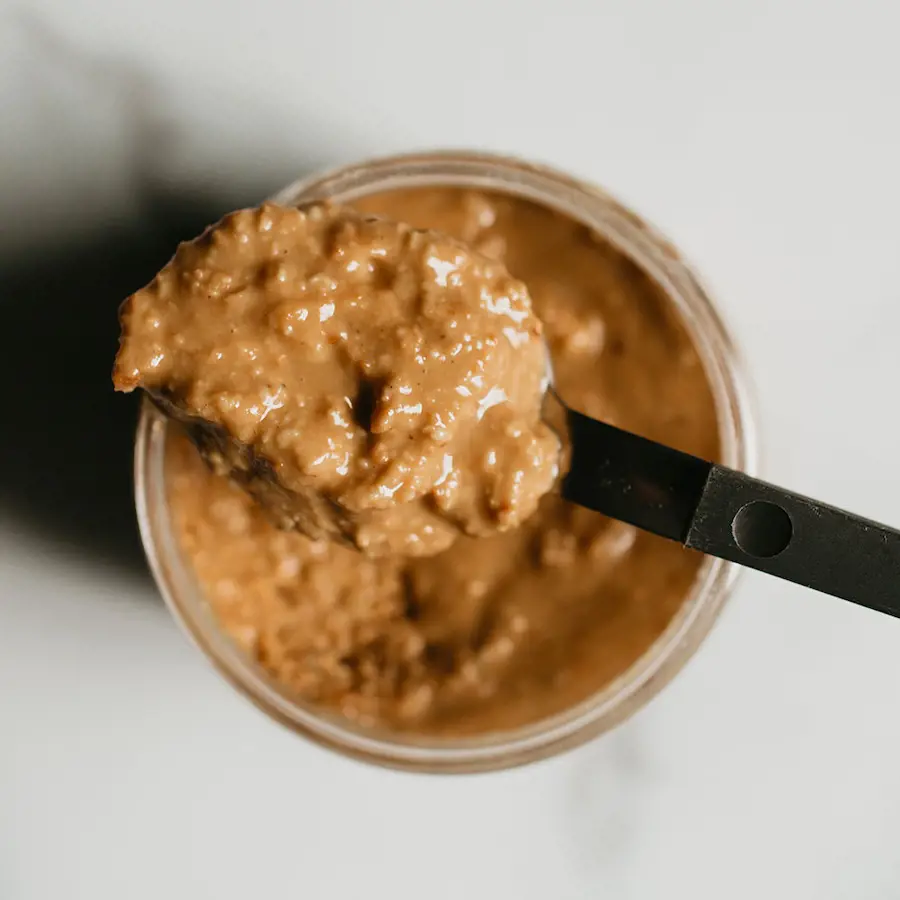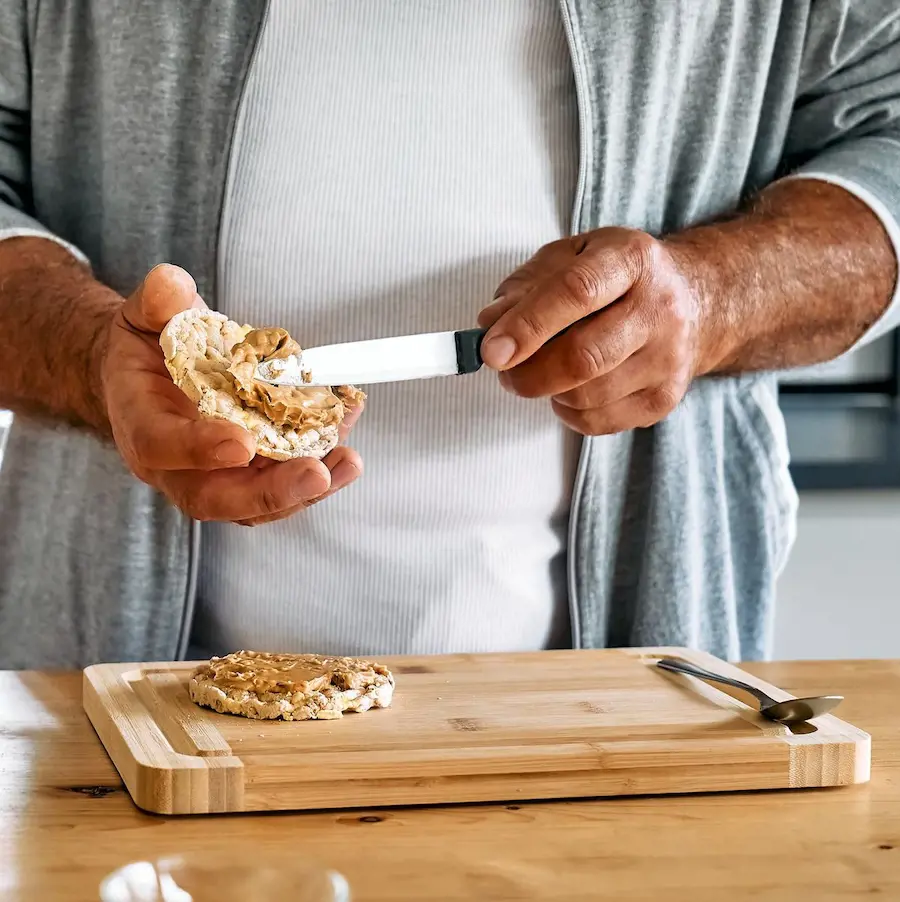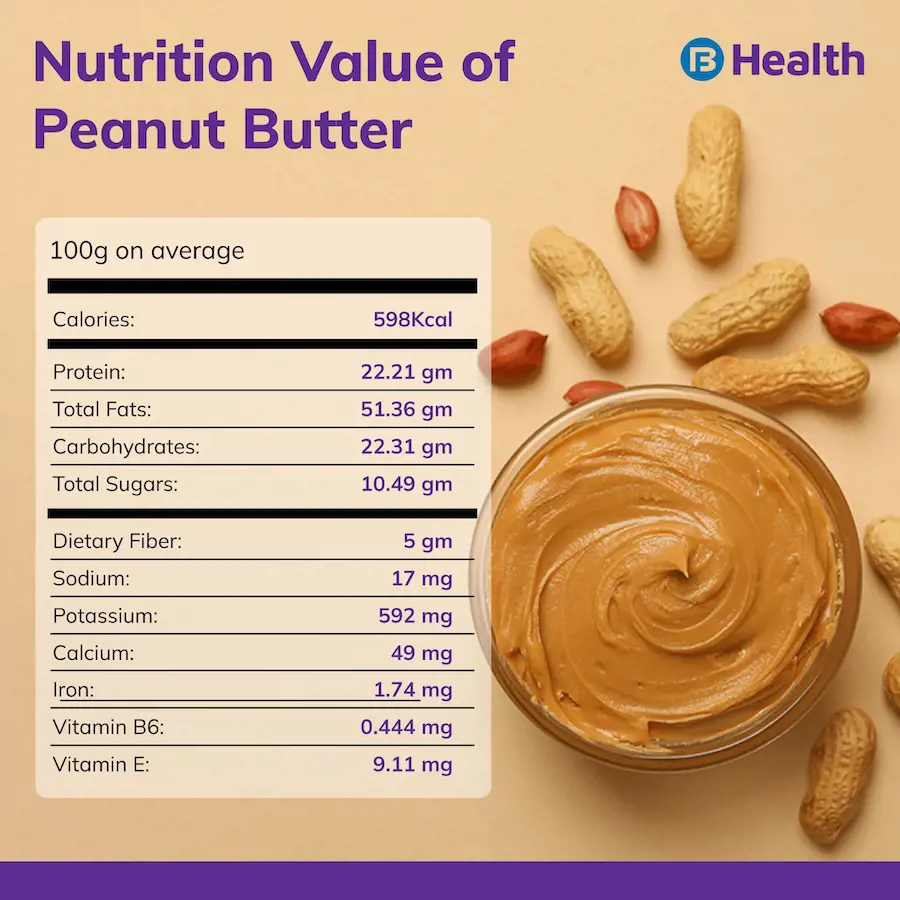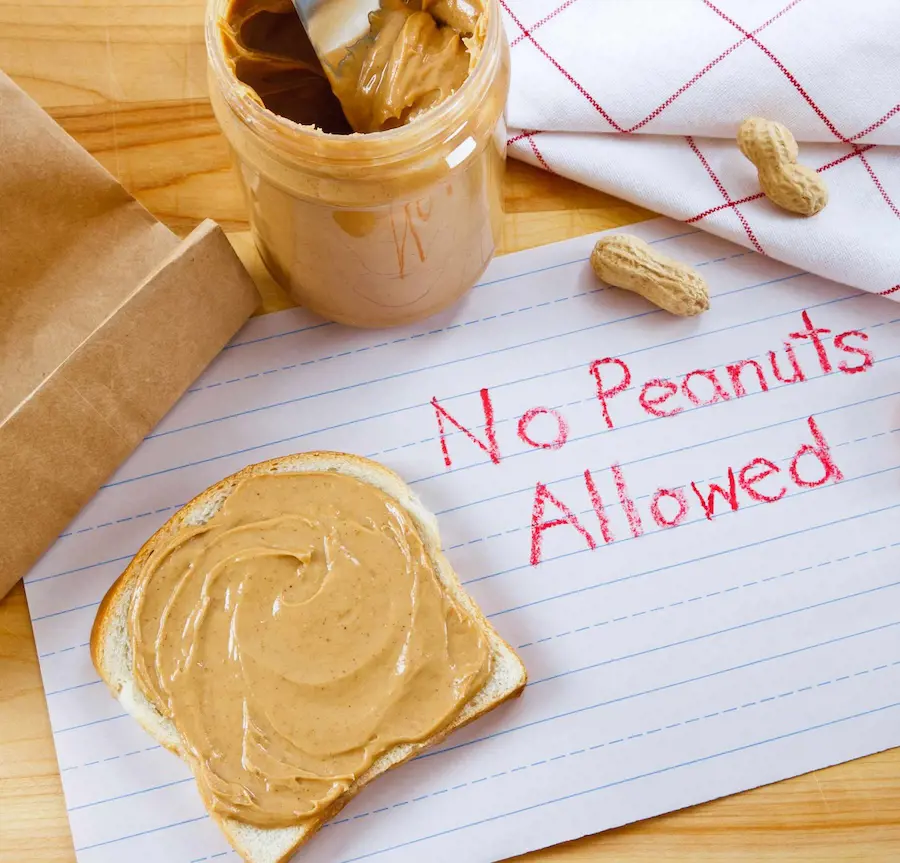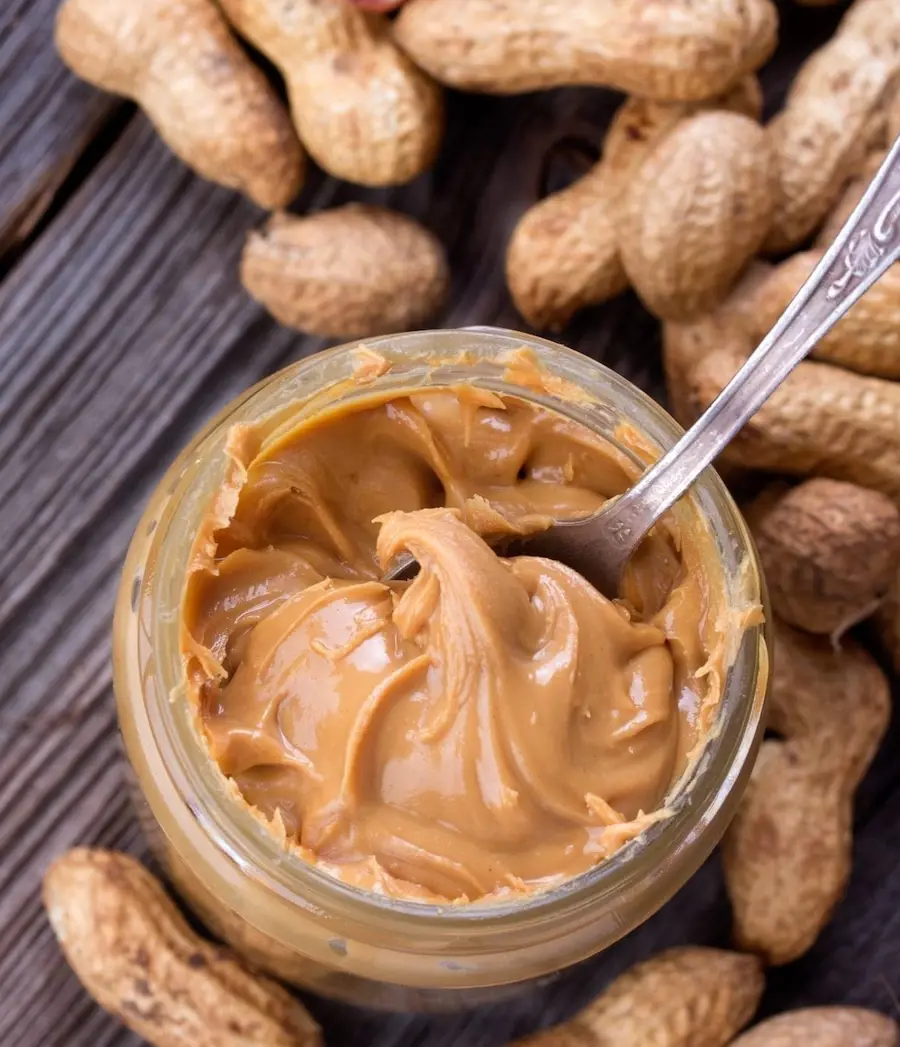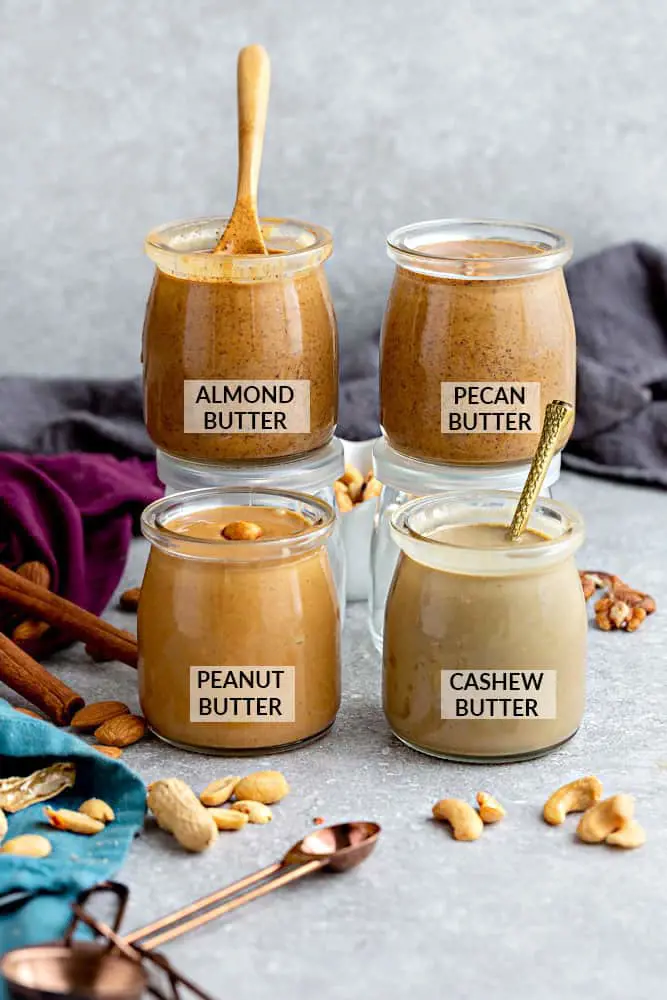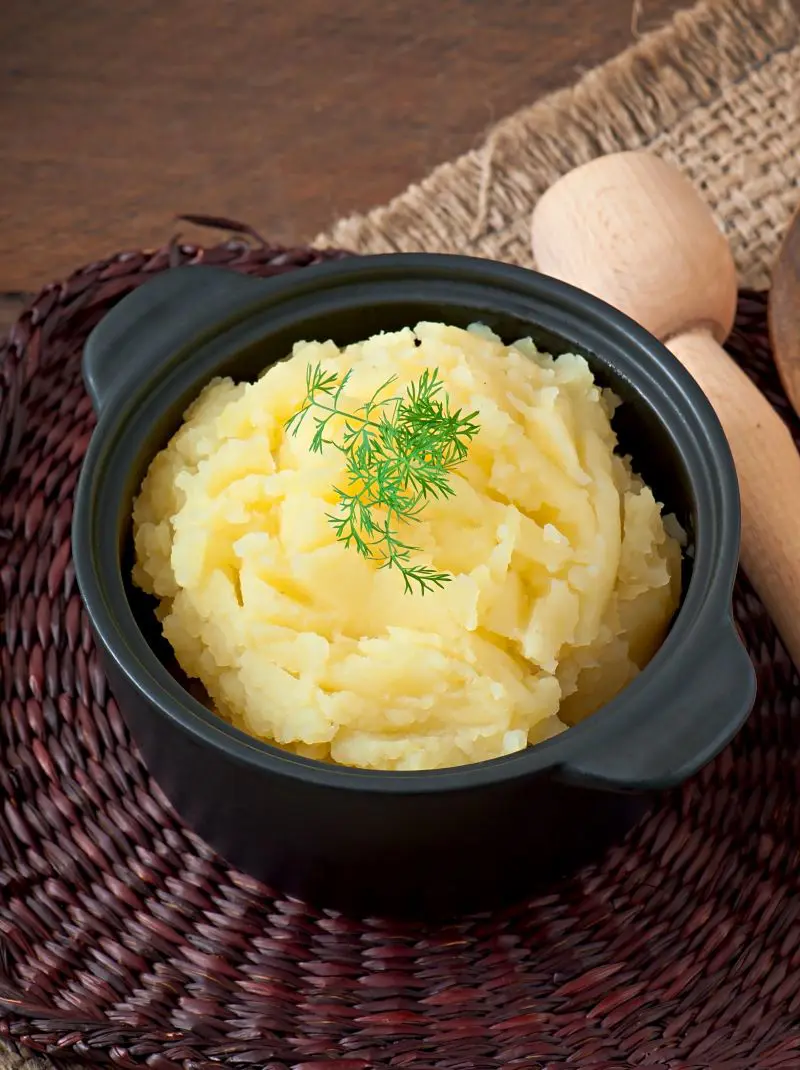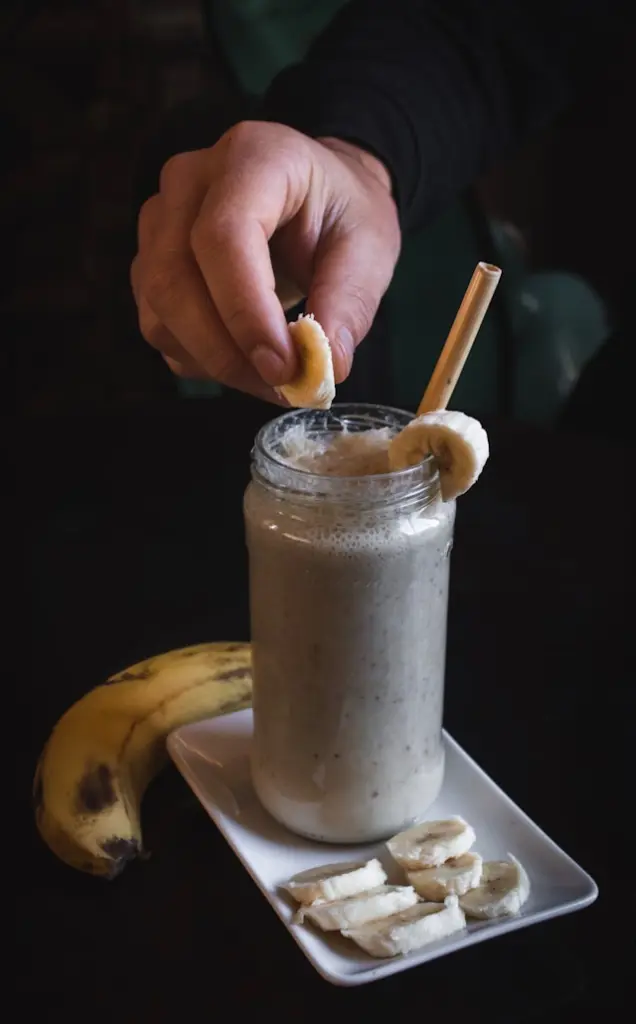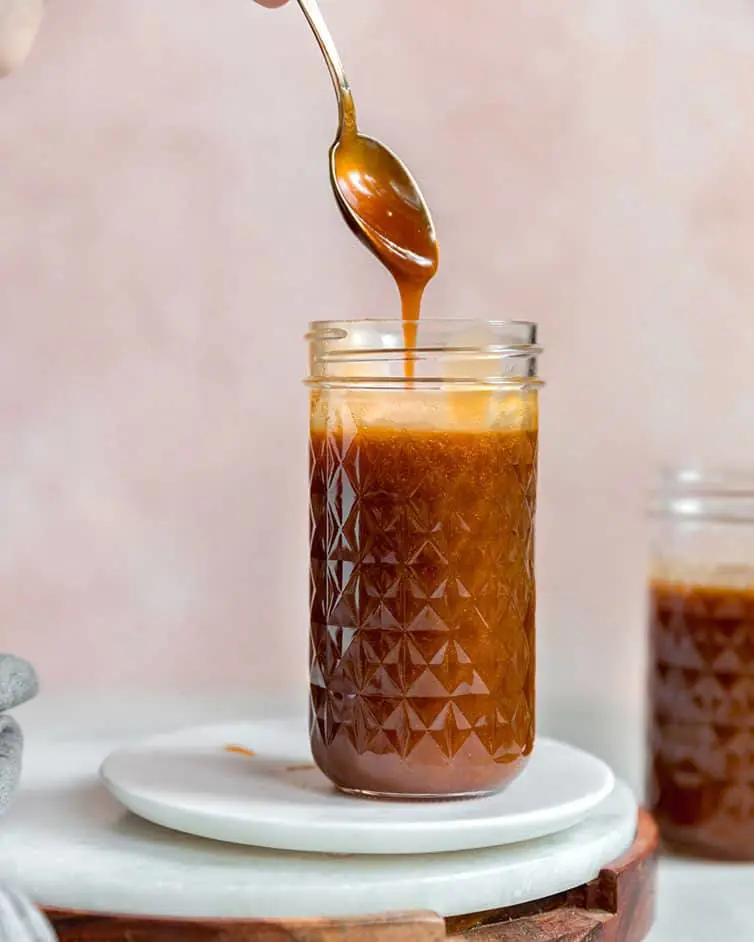What Is Peanut Butter?
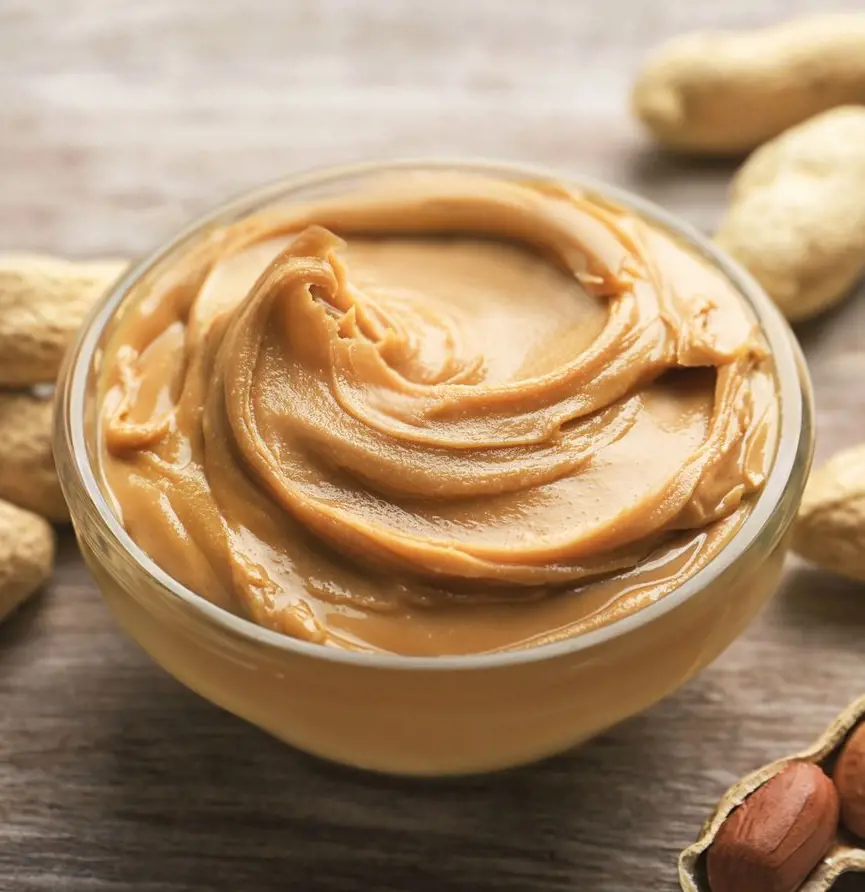
Peanut butter is a smooth, creamy spread made from ground-roasted peanuts. It is a popular food item, widely consumed around the world for its delicious taste and versatility. It has a rich, nutty flavor and a smooth texture.
To make peanut butter, peanuts are first harvested and then roasted to enhance their flavor. After roasting, the peanuts are ground into a fine paste. This paste can be consumed as is, but most commercial kinds of peanut butter also include additional ingredients like salt, sugar, and oil for flavor and texture enhancement.
You can easily find natural peanut butter at specialty grocery stores throughout the country. This type of peanut butter doesn't have any artificial additives for flavor or preservation.
Peanut Butter Origin
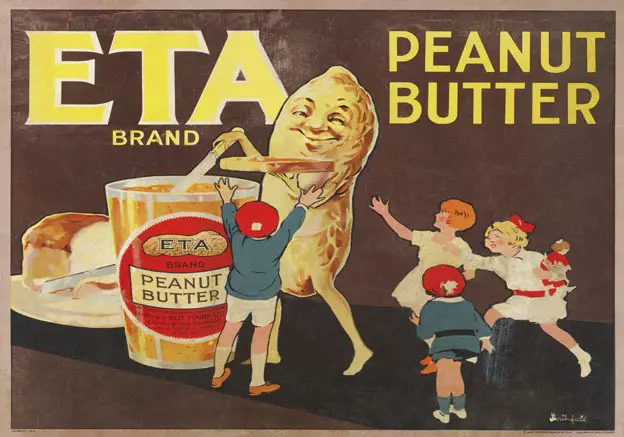
The origin of peanut butter can be traced back to ancient times, with evidence suggesting that peanuts were cultivated and consumed as early as 3,500 years ago in South America. The Aztecs and Incas are believed to have ground peanuts into a paste-like substance, which served as a nutritious and energy-rich food source.
However, the modern form of peanut butter that we know today did not emerge until much later. Its invention is credited to Dr. John Harvey Kellogg, a physician and inventor who developed a process to create a smooth and spreadable peanut paste in the late 19th century.
The popularity of peanut butter grew steadily, and it became more widely available in the early 20th century. The process of making peanut butter was further refined by individuals like George Washington Carver, an agricultural scientist who discovered over 300 uses for peanuts.
